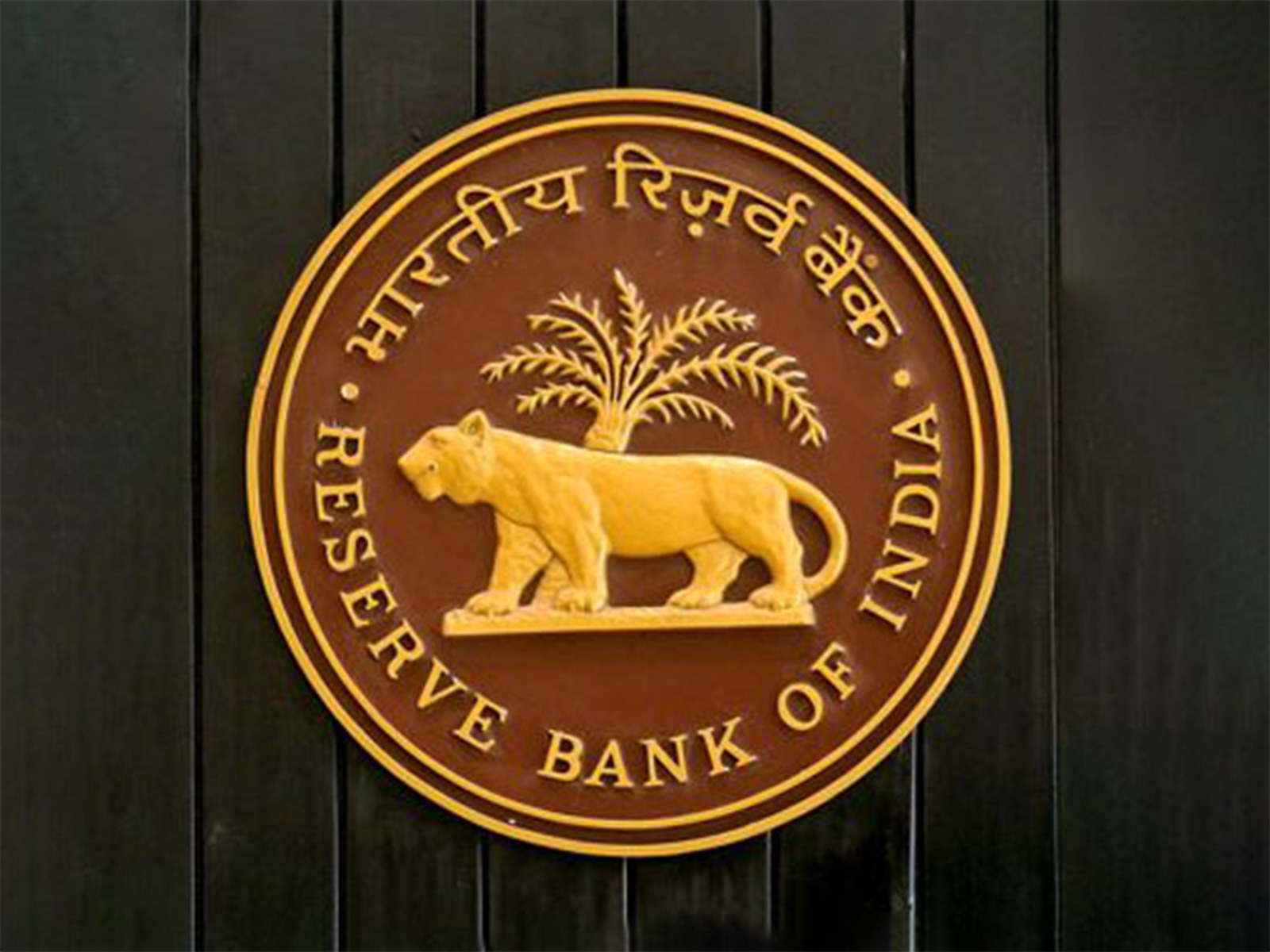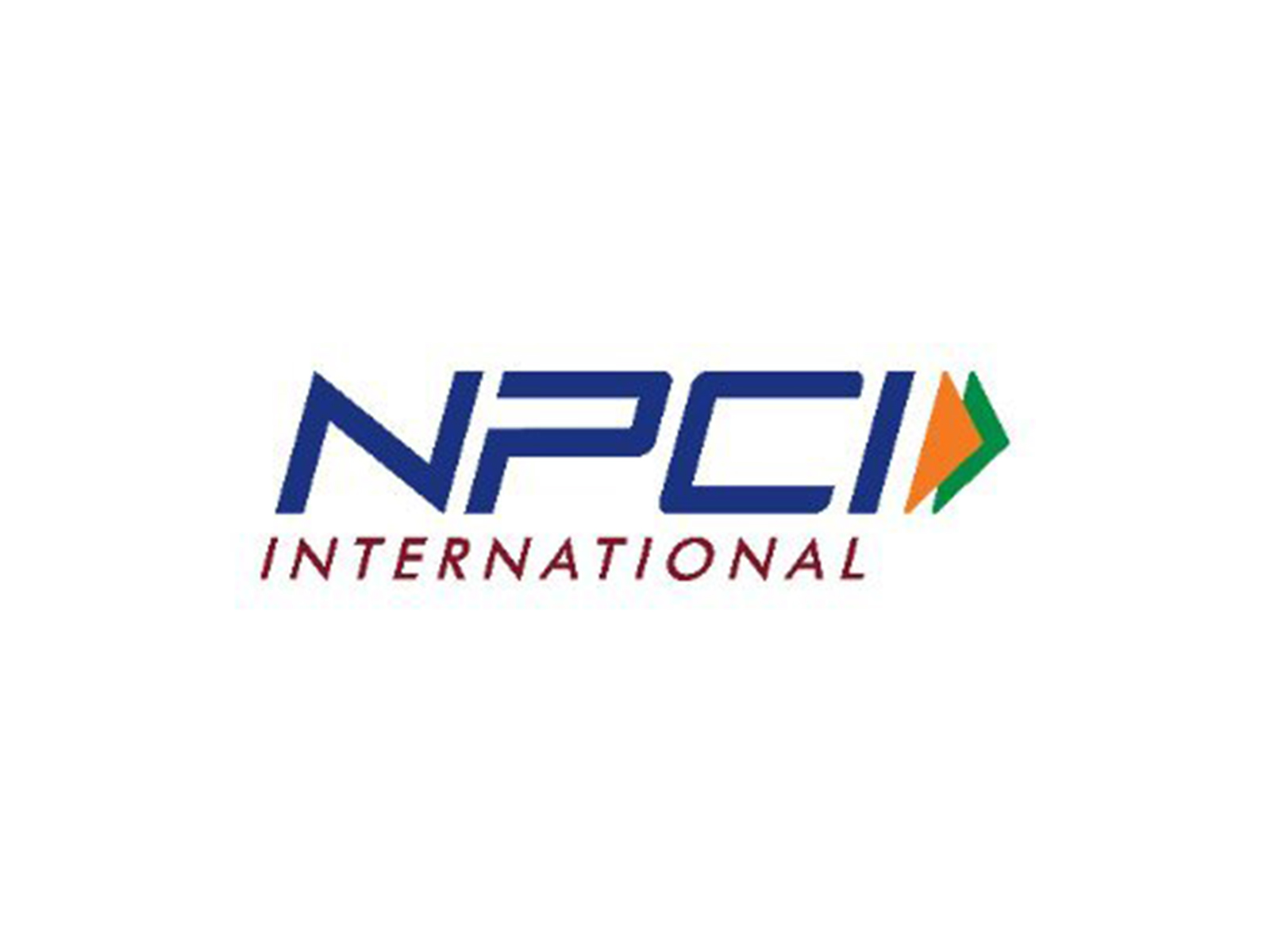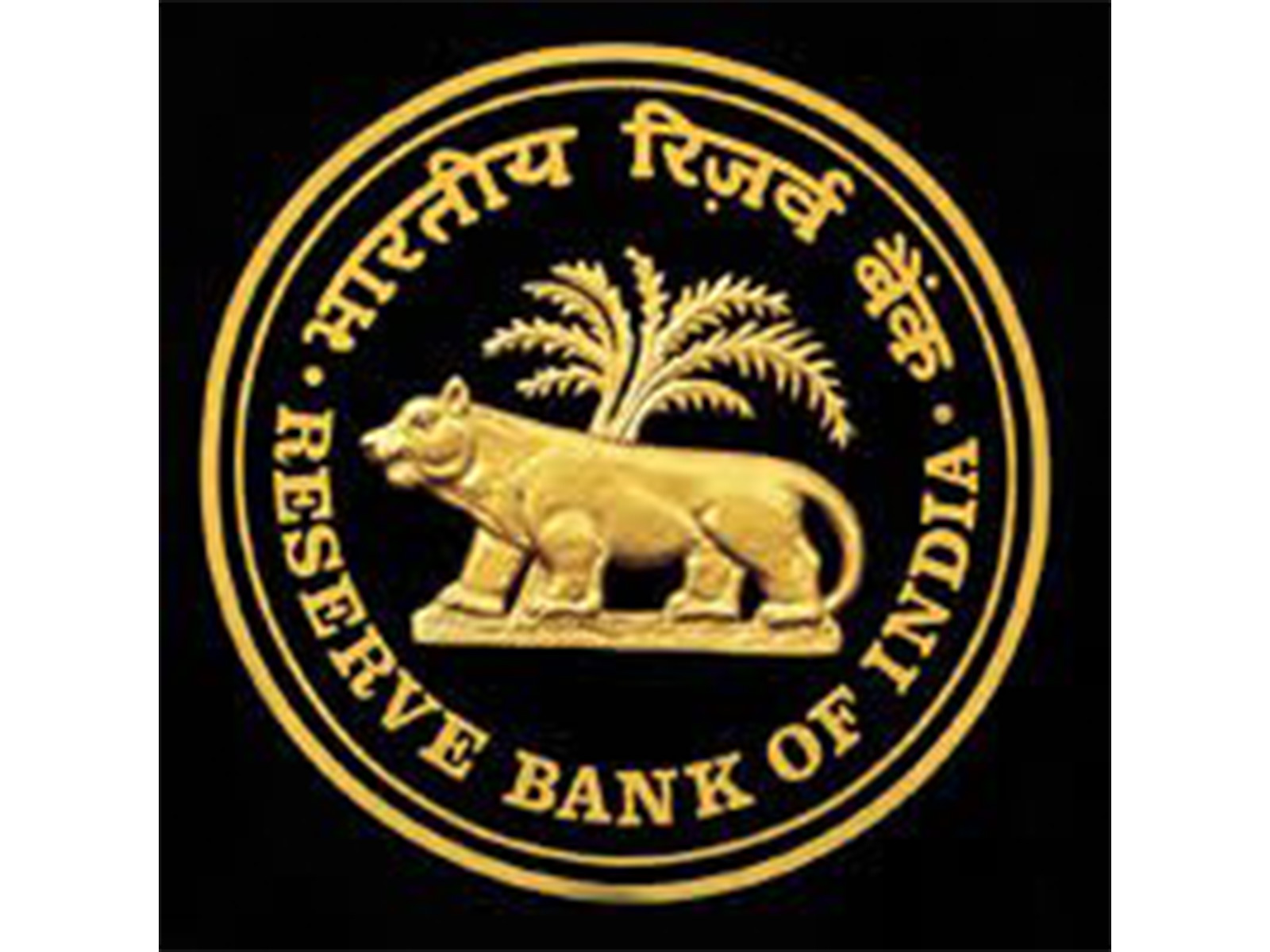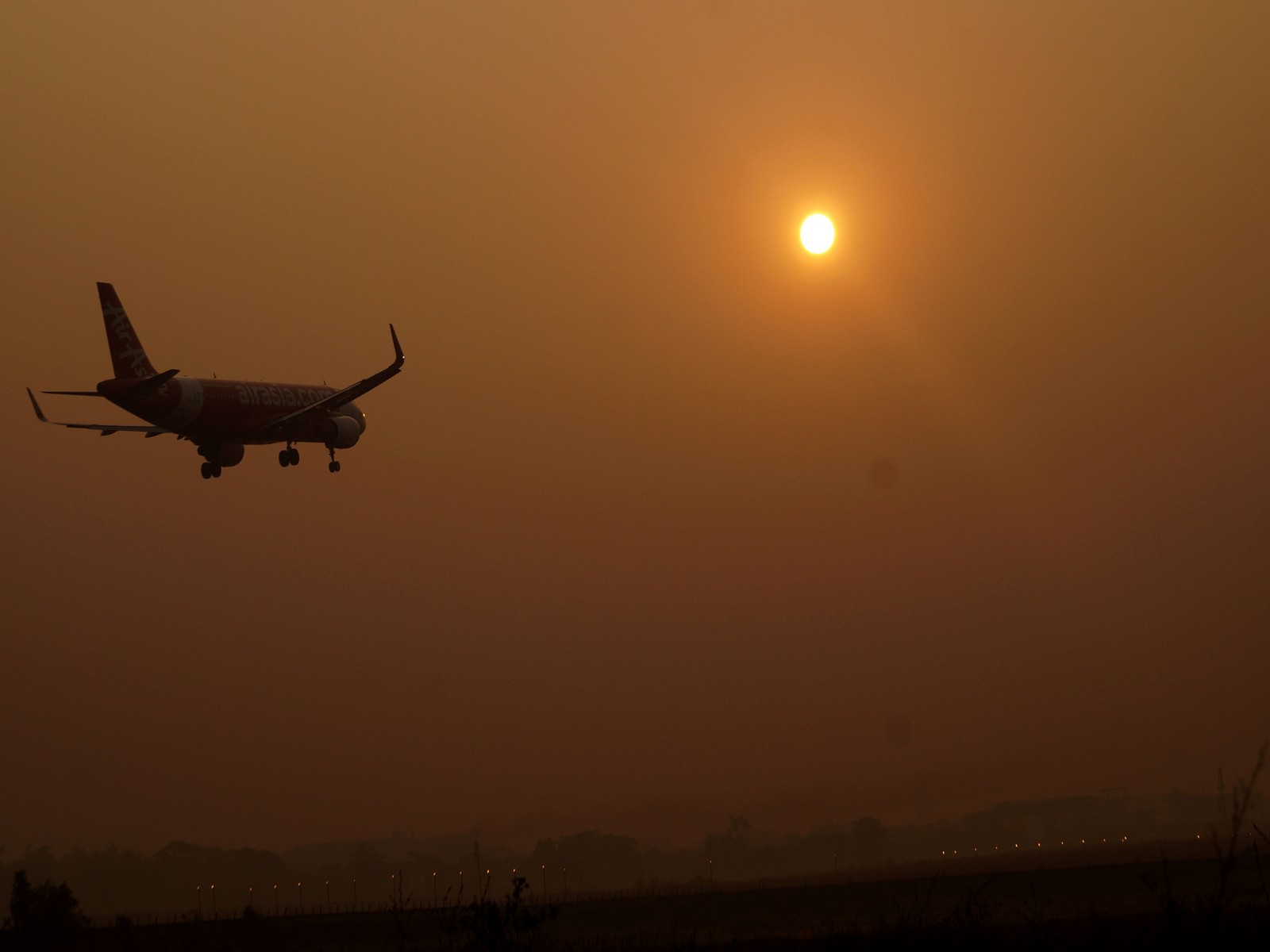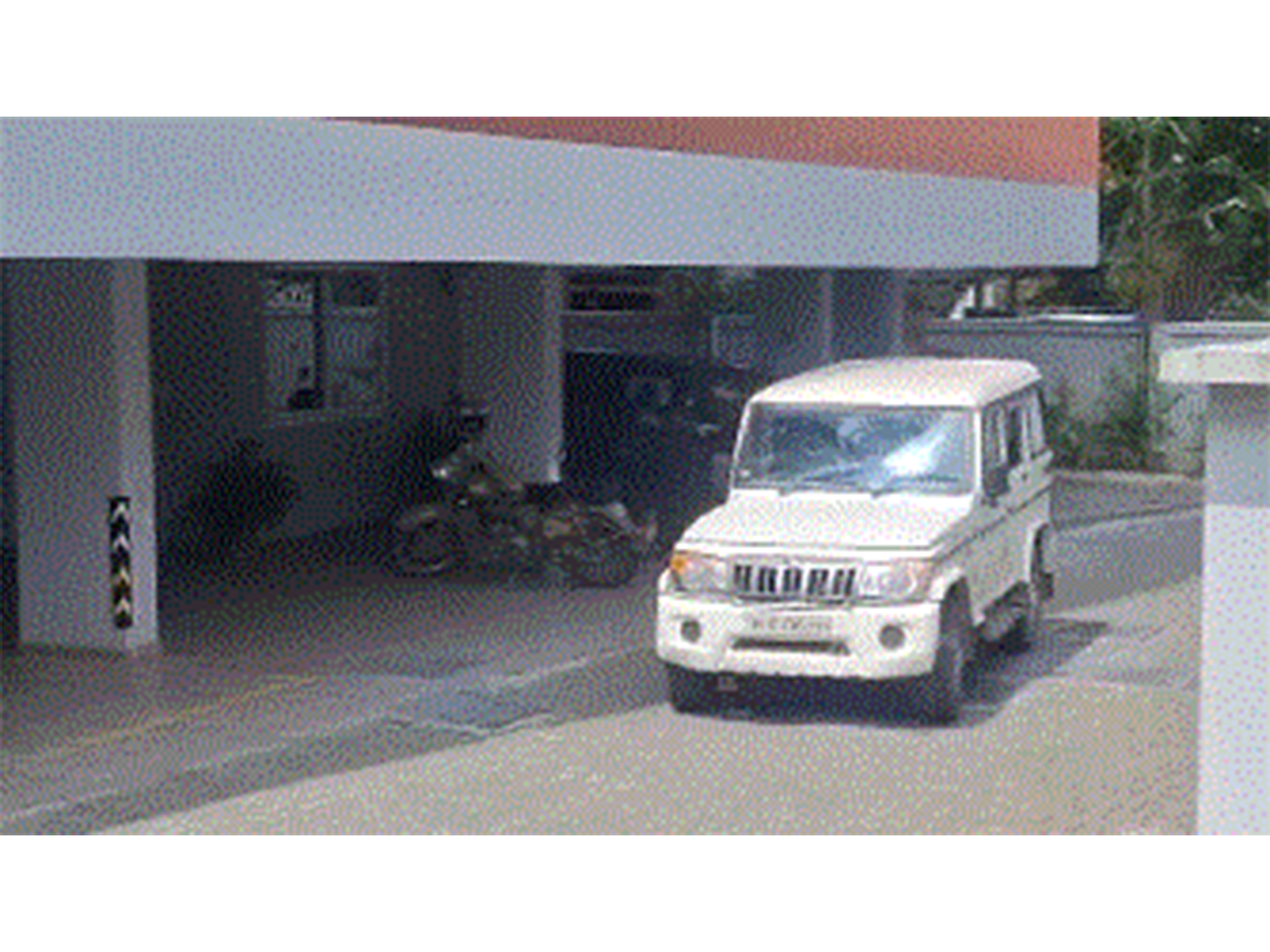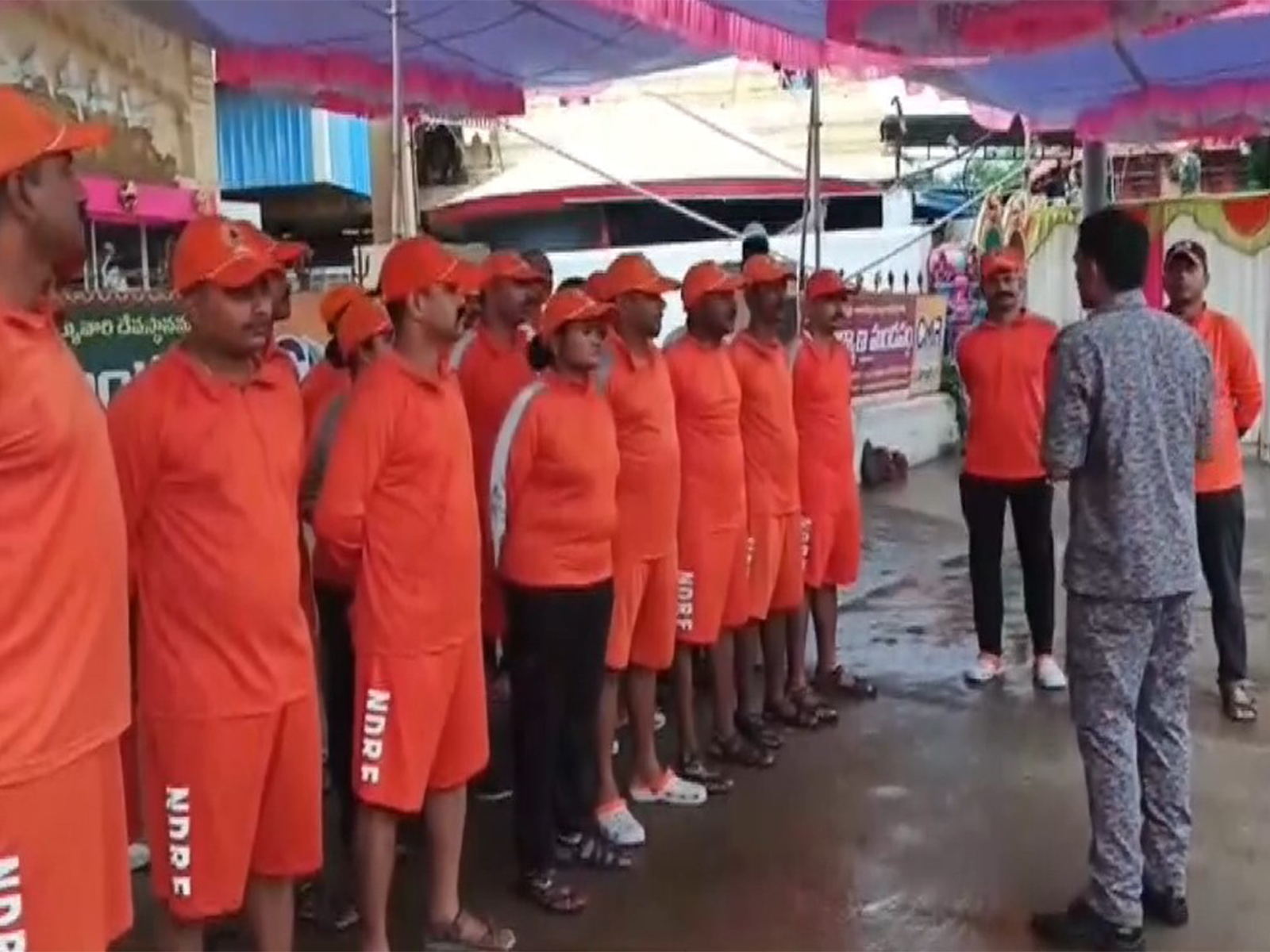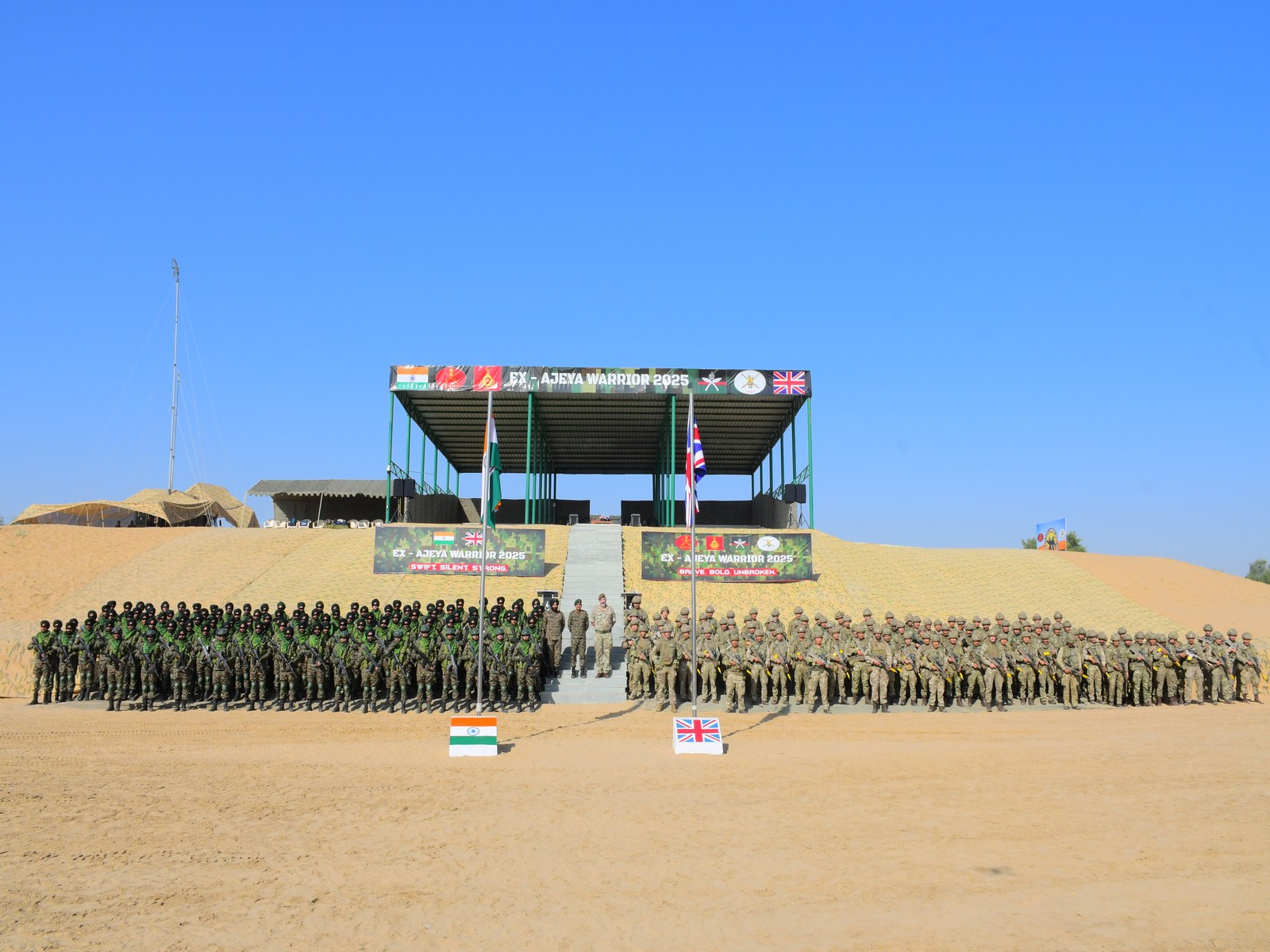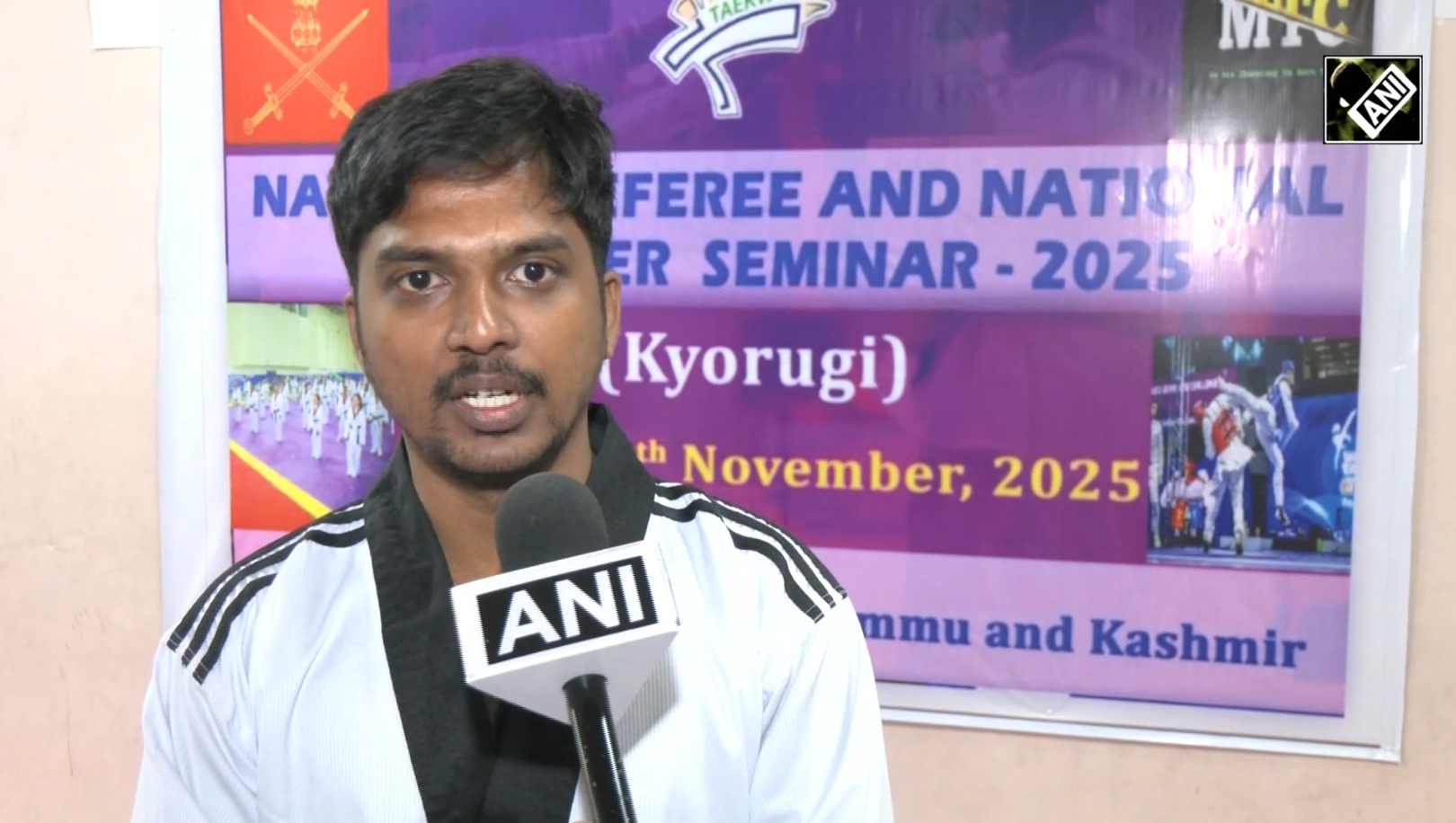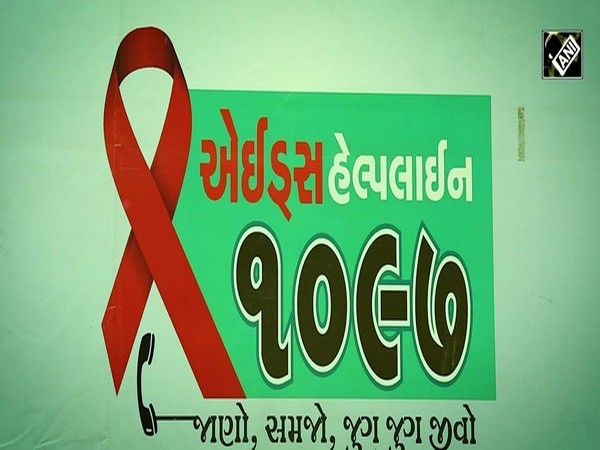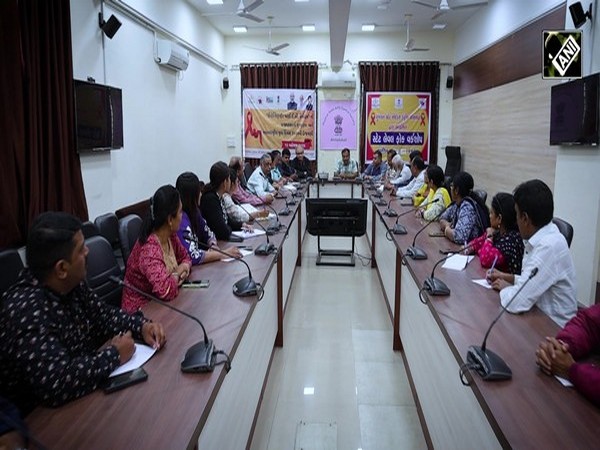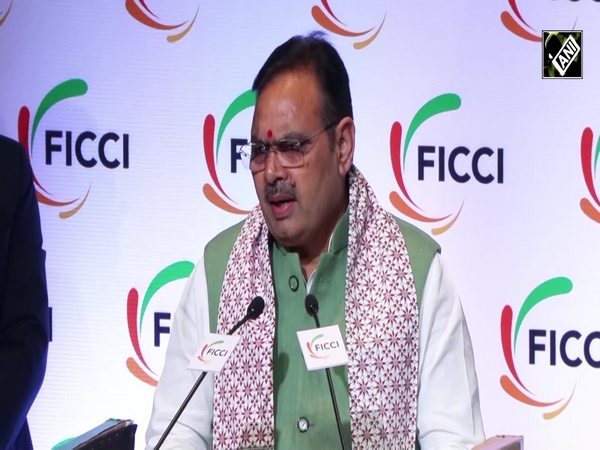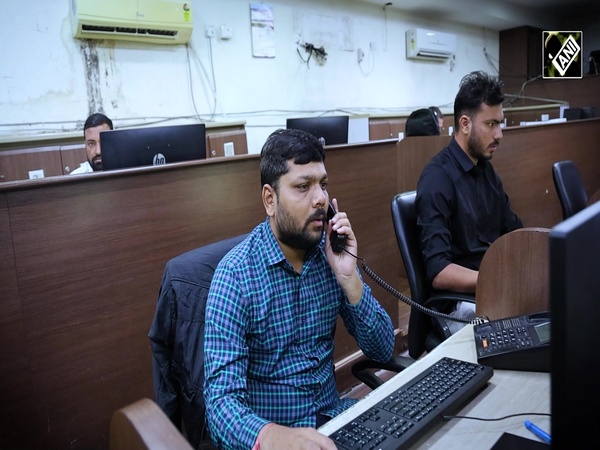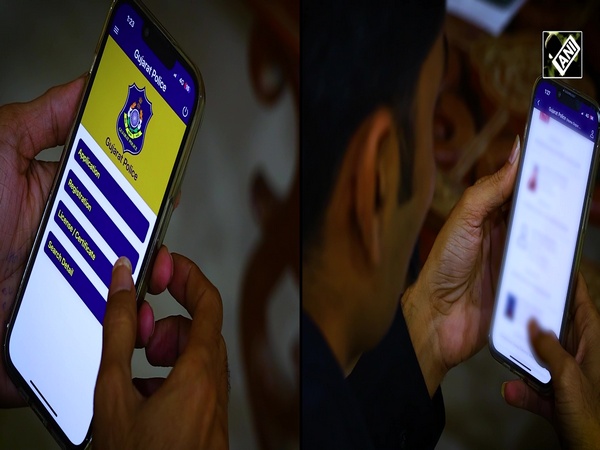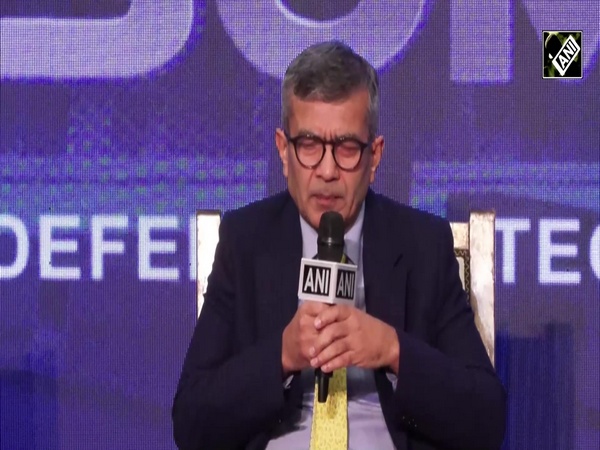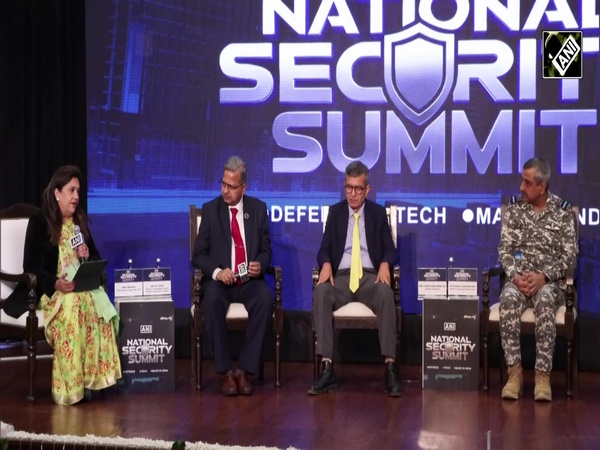ADB approves $250 million support for Nepal's Covid-19 response
May 26, 2020

Manila [The Philippines], May 26 : The Asian Development Bank (ADB) on Tuesday approved a 250 million dollar concessional loan to help the government of Nepal fund its response to the novel coronavirus disease (Covid-19) pandemic.
This includes measures to strengthen the country's public health systems and mitigate the adverse economic and social impacts of the pandemic, particularly on the poor.
"ADB is strongly committed to supporting Nepal at this crucial time. This concessional loan will enable the government to continue its containment measures, extend its social protection programme for the poor and vulnerable, and set the stage for an early economic recovery," said ADB President Masatsugu Asakawa.
"The Covid-19 pandemic continues to be a serious public health issue and will significantly impact Nepal's overall social and economic development. ADB will work closely with the government and other development partners to help ensure a coordinated and effective response," he said in a statement.
The Covid-19 Active Response and Expenditure Support (CARES) Programme will support the government in scaling up its testing capacity to at least 3,000 tests per day and establishing quarantine facilities for at least two lakh people with separate wards for women and men in all seven provinces.
Incentives will be provided for medical and other frontline personnel responding to Covid-19.
ADB's financing will also support the government in extending its social protection programme to include distribution of food assistance to the poorest and vulnerable households, provision of employment support to the unemployed poor, especially women, and returning migrant workers.
Subsidised lending will be extended to affected micro, small, and medium-sized enterprises, of which at least 30 per cent are women-led, with at least half of them from disadvantaged groups.
ADB has already provided Nepal a 300,000 dollar grant to procure medical supplies in close collaboration with UNICEF. This grant has funded urgently needed and critical personal protective equipment to enable medical personnel to safely treat infected patients.
